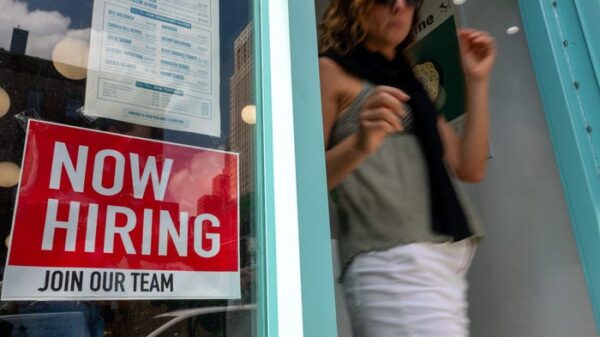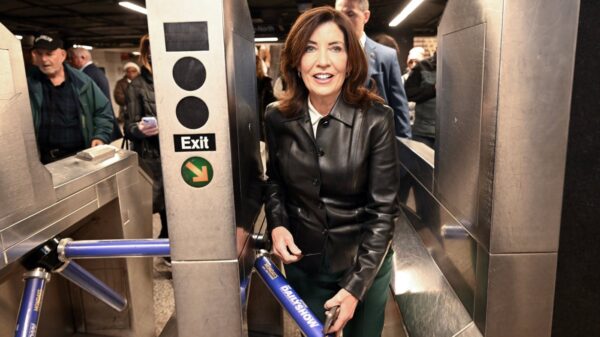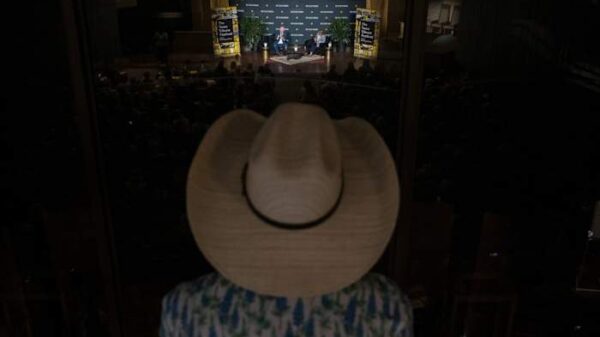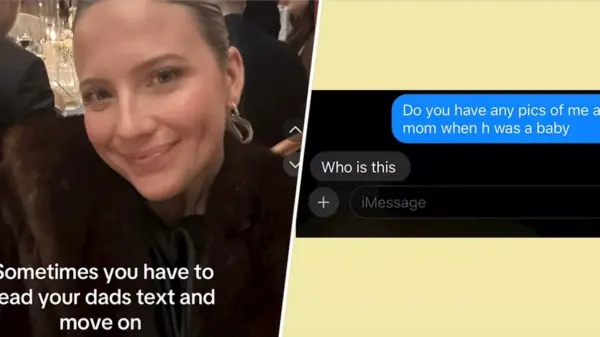A reader, identifying herself as a “Faithful Friend” from Ohio, has reached out for guidance regarding a delicate situation involving her friend’s professional conduct. The friend, who has been with the same organization for six years, remains in a stagnant position while the reader has advanced through two promotions. This disparity has raised concerns about her friend’s potential barriers to advancement.
The reader notes that her friend’s work is well-received, and she consistently receives positive evaluations. Yet, she struggles to understand why she has not been promoted, especially after an ambiguous response from her supervisor when she sought feedback. The office environment is described as traditional, with an emphasis on appearances and decorum.
The friend may be facing challenges due to her modern approach to work-life balance. Although she adheres to the dress code, her casual style stands out in the office. Additionally, her habit of taking personal calls in hearing range of colleagues, along with leaving the office frequently to attend to personal matters, sets her apart from her peers. While these actions are technically permissible, they deviate from the norm in the workplace.
The reader emphasizes that while only 10% of their roles are client-facing, the perception of professionalism is crucial. She believes that an understanding of the unspoken expectations is essential for career progression. Her concern for maintaining their friendship weighs heavily on her mind as she contemplates whether to share her observations with her friend.
In a separate correspondence, another reader from Texas, known as “Holding My Tongue,” has expressed her frustrations regarding her son’s wife, Lindy. The occasion was a birthday celebration for her son, Adam, who turned 50 last month. The reader was appalled by Lindy’s behavior at the gathering, particularly when she loudly criticized Adam’s daughter from a previous marriage for not attending.
Despite her anger, the reader refrained from confronting Lindy during the event to avoid disrupting the celebration, as many of Adam’s friends had traveled to attend. The situation has caused her to reconsider her relationship with Lindy, especially given the existing tensions stemming from Adam’s previous marriage.
The reader mentions that Adam is aware of his wife’s drinking habits and her tendency to become overly emotional. She suggests that the absence of Adam’s daughter may not have been unexpected, given their strained relationship. Her advice is to maintain silence and avoid further complicating family dynamics.
Both letters highlight the complexities of personal relationships intertwined with professional and familial expectations. They demonstrate the challenges individuals face when navigating social norms and the impact these have on personal interactions.
The “Dear Abby” column, founded by Pauline Phillips and currently written by her daughter, Jeanne Phillips, continues to provide valuable advice on interpersonal issues. Readers can connect with the column through its website at www.DearAbby.com or via mail at P.O. Box 69440, Los Angeles, CA 90069.






